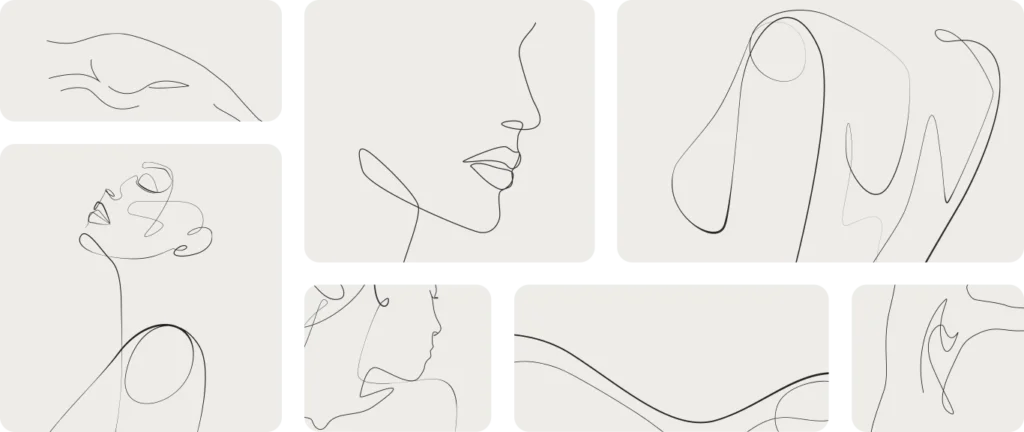Tummy tuck surgery is a great solution to those wishing to get rid of a sagging belly.
Even those who are not overweight and have a well-proportioned body may have a protruding or flabby and sagging belly.
The most common reasons of this condition are:
- Aging
- Heredity
- Childbirth
- Previous surgery
- Major changes in body weight
Abdominal plastic surgery (abdominoplasty) eliminates excess fat and skin, as well as adjusts the muscles that have weakened or separated, which results in a smoother and tighter belly. Following abdominal contour restoration, you will enjoy a flattened and more even belly contour, which will fit the overall proportions of your body type and weight better.
Abdominal correction after childbirth
Do you exercise, follow a healthy diet and have a normal or even slender build, but still got a soft potbelly with saggy skin? Plastic surgeons observe that many women who have given birth face a problem related to a protruding and flabby belly. In this case, the culprit is not excess body fat: it is the damage to the elasticity and structure of the abdominal muscles caused during pregnancy, as well as the flaccidity of the belly skin resulting from overstretching, which requires an abdominal correction after childbirth.
According to aesthetic medicine specialists, neither exercise nor diet can help fully eliminate such childbirth-related consequences, plus the muscles do not restore by themselves. Therefore, Dr Rokas Bagdonas, a plastic surgeon at Clinicus Klaipėda, and Dr Dainius Daunoravi
ius, a plastic surgeon at Clinicus Vilnius, offer an advanced method to solve this aesthetic problem: the correction of diastasis recti (abdominal muscles separation).
It is worth noting that the correction of abdominal muscles separation is not a traditional abdominal wall plastic surgery.
‘The main difference between this correction and the traditional abdominal plastic surgery methods is the possibility to carry out the correction of the separated muscles within the entire length from the sternum down to the pubis, i.e., within the exact area where the pregnancy-related body changes took place, through a relatively small incision the length of a Caesarean section. The incision of a such comparatively insignificant length ensures barely visible scarring and a shorter healing period, which enables patients to return to their normal daily activities faster,’ states Dr Rokas Bagdonas.
How is this kind of surgery performed? The surgeon performs the correction of the separated muscles through a 10–15 cm incision in the fold under the belly by fastening the abdominal wall above and below the navel. This way, a kind of a ‘subcutaneous corset’ is created, which restores the flat and firm appearance of the belly. If the patient has had a Caesarean section, the correction of abdominal muscles separation will be carried out at the site of the same incision, which will then be closed once again, corrected and made even less noticeable.
According to plastic surgeons, the position of the navel usually remains untouched, however, if the woman feels any discomfort caused by the umbilical hernia, a navel correction may be carried out during the surgery as well. Additionally, the strengthening of the abdominal muscles results in a slightly slimmer waist.
‘The correction of abdominal rectus diastasis methodology is becoming increasingly popular in western countries. This type of abdominal correction helps repudiate the predominant assumption that pregnancy equals permanent body disfiguring to a greater or lesser extent,’ says Dr Dainius Daunoravi
ius.
He stresses that like with any surgery, patients of Clinicus are provided with a comprehensive personal consultation and have their health condition examined. Although the risk of complications is very low, the plastic surgeons of Clinicus insist on compliance with the pre-operative and post-operative care instructions.
Although the results of abdominal plastic surgery technically provide a lifetime improvement, they may be affected negatively by significant changes in bodyweight. Those who are planning to lose a considerable amount of weight or women who are planning a pregnancy should delay their abdominal plastic surgery. Though an abdominal plastic surgery is not a stretch-mark removal method, such marks may be removed if they are present in the excess skin removal area. The outcome of the surgery is visible after 2 to 3 weeks, when the swelling is gone and the pulling sensation in the abdominal area disappears.
For women who have had a Caesarean section, the scar may be made blend into the scar of abdominal plastic surgery, which will then fade within a period of few months to 1 year.
The surgery is performed under general anaesthesia. It is recommended to stay in the clinic for 2 to 3 days following the surgery.
PRICE:
Fat removal: starting at € 600
Abdominal wall correction (abdominoplasty): between € 2,000 and 2,700
Mini abdominal wall correction (mini-abdominoplasty): between € 1,300 and 1,800


